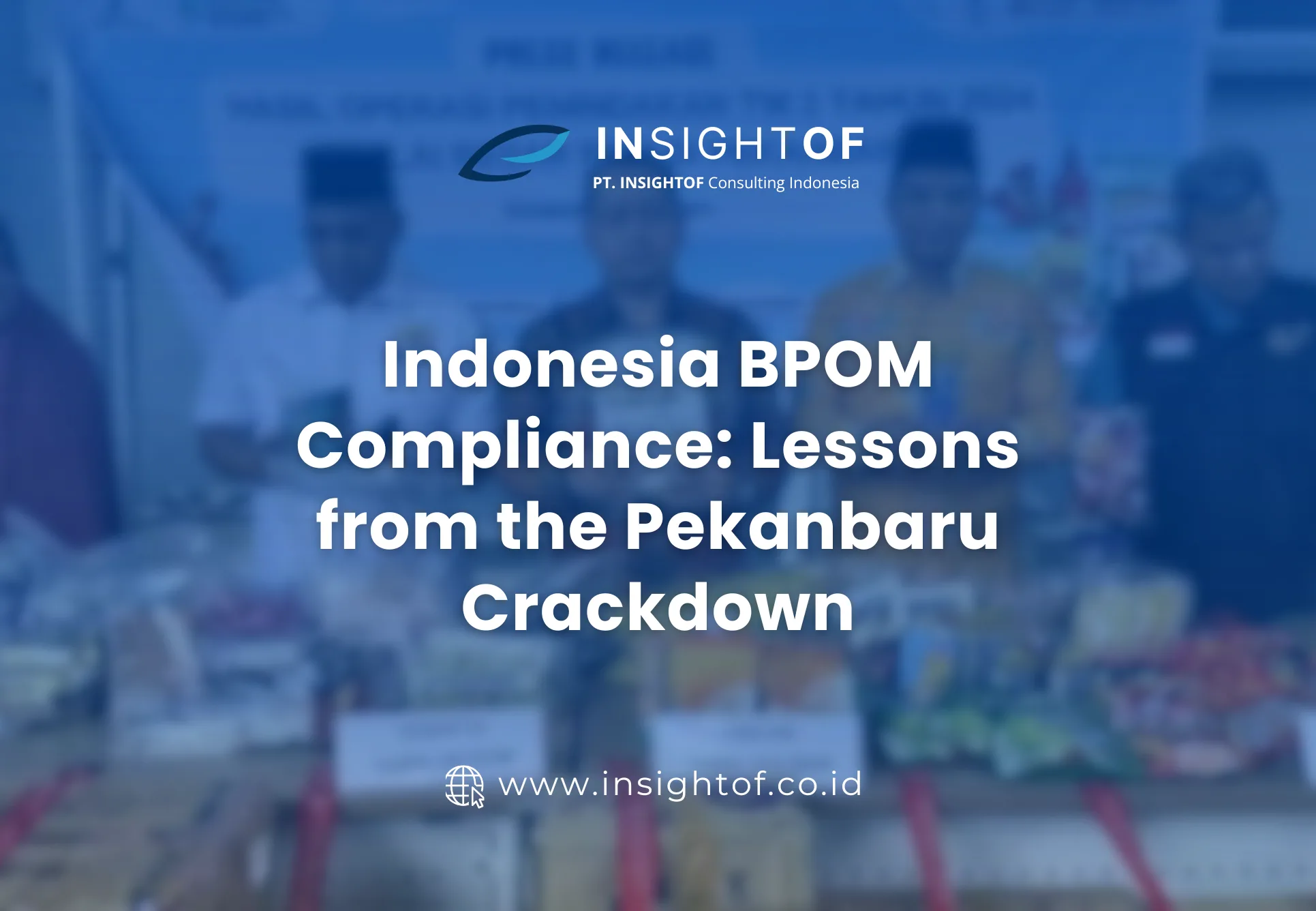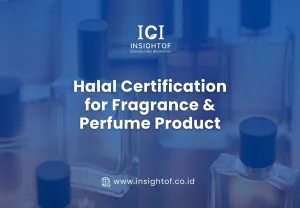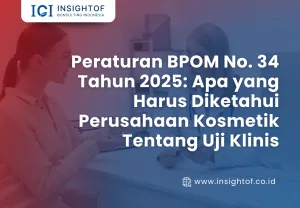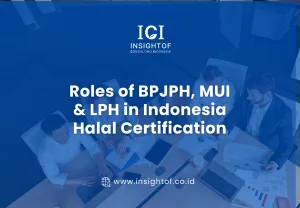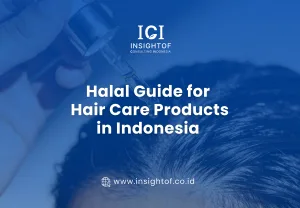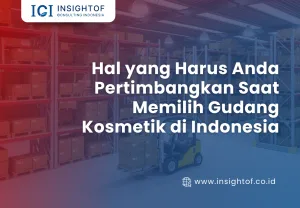In March 2024 Indonesian authorities launched a major enforcement sweep in Pekanbaru, Riau. Three coordinated operations between February and March uncovered hundreds of unapproved cosmetics and imported foods worth a total of Rp 1.88 billion.
In the first raid (5 Feb 2024) inspectors seized 251 cosmetic product items (56,656 individual packages, ~Rp 1.7 billion) that lacked any BPOM notification number. A second raid (21 Feb) added 27 more illegal cosmetics (673 packages, ~Rp 40 million) also without BPOM approval.
A third sweep (21 Mar) hit a food distributor and found 46 imported food items (1,302 packages, ~Rp 147 million) with no official distribution permit. In each case the businesses were cited for violating Indonesian law: distributing cosmetics without BPOM notification breached Article 435 (cross-ref. 138(2)) of Health Law No.17/2023, and selling unregistered food violated Article 142 of Food Law No.18/2012.
Two of the targets have already been handed over for prosecution, with one still under BPOM investigation.

Sources: ANTARA/HO-Humas BBPOM di Pekanbaru.
Mandatory BPOM Registration for Cosmetics and Food
Indonesia’s Food and Drug Supervisory Agency (BPOM) requires that virtually all cosmetics and processed foods have official approval before they can be marketed. By law, any cosmetic product to be circulated in Indonesia must have a BPOM distribution permit (obtained through the cosmetics notification process). Likewise, all processed food products produced locally or imported for retail must carry a BPOM distribution license. For example, Indonesian Food Law No.18/2012 explicitly states that food business operators are “wajib memiliki izin edar” – i.e. they must have a valid distribution permit – before selling packaged foods. A recent police case notes that Article 142 of Law 18/2012 makes it a crime to trade food items “yang dijual … tanpa izin edar”. In short, no BPOM number, no legal sale of cosmetics or food is allowed. A BPOM spokeswoman puts it bluntly: without the required permit a product “tidak boleh diedarkan di wilayah Indonesia”.
These requirements have firm legal backing. Indonesian Health Law No.17/2023 (effective 2023) classifies cosmetics as “pharmaceutical preparations” and ties distribution to BPOM approval. Article 435 of that law (cross-referencing Article 138) punishes anyone who “produces or distributes a pharmaceutical or cosmetic product” not meeting safety and efficacy standards – including lacking a BPOM notification – with up to 12 years’ imprisonment and/or a fine of Rp 5 billion. Similarly, Food Law No.18/2012 (Article 142) targets food producers who fail to obtain the required izin edar, making it a criminal offense to sell unregistered food. In practice, regulators and courts apply these statutes to shut down illegal imports and prosecute offenders. The Pekanbaru example shows that both laws are actively enforced: one BBPOM official cited Article 435 (with its long prison term) in describing the cosmetics seizures.
Consequences of Non-Compliance
Exporters who ship to Indonesia without BPOM approval face serious risks. As the Pekanbaru case illustrates, products found without a valid BPOM number will be seized and destroyed. In that operation alone Indonesian authorities impounded tens of thousands of units of illegal goods. Beyond confiscation, violators can be prosecuted under the stringent Health and Food laws. Indonesian courts have thrown out long prison sentences in cosmetic and drug cases; selling unapproved cosmetics or medicines carries the same maximum punishment as some controlled drugs. In other words, exporting without approval invites criminal penalties (up to 12 years behind bars and huge fines) plus mandatory destruction of the goods. There are also reputational and commercial damages: brands involved in busts can lose consumer trust and find Indonesian distributors or e‑commerce platforms unwilling to carry their products.
Best Practices for Exporters
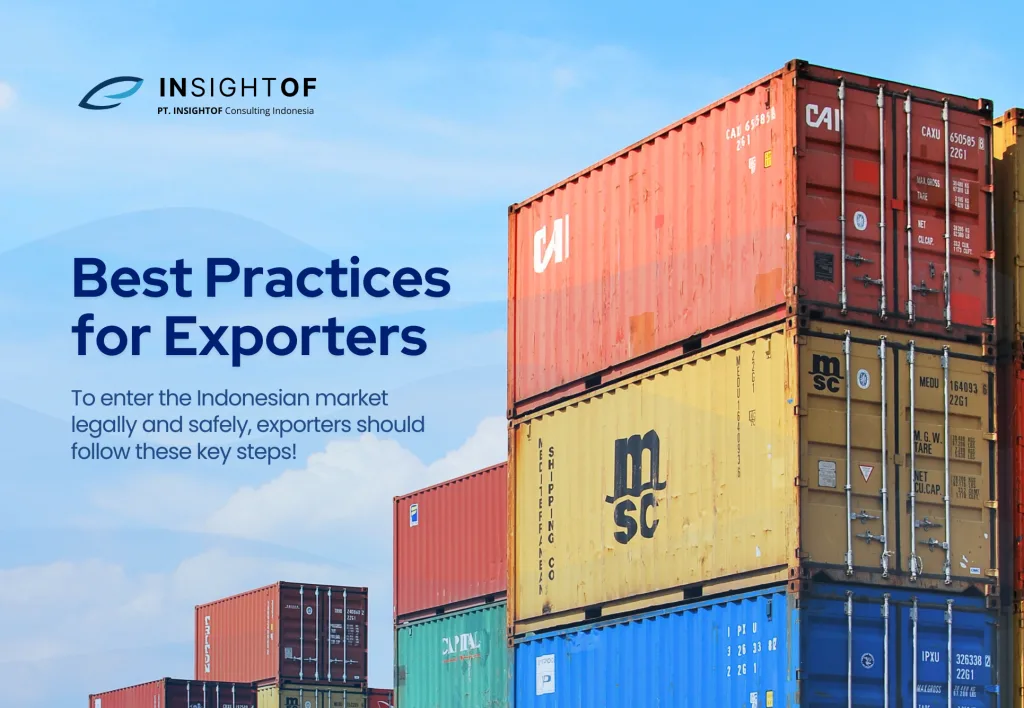
1. Secure BPOM Approval Before Shipping
Never ship products before obtaining a valid BPOM notification (for cosmetics) or distribution permit (for food). Without it, goods will be seized at the border or during market raids.
2. Appoint a Local Registrant
Foreign companies can’t register products directly. You must authorize a local Indonesian importer or distributor as your official registration holder via a formal Letter of Appointment.
3. Ensure Proper Labeling
All products must use Bahasa Indonesia on labels, with accurate and consistent information matching the BPOM registration. Key details like ingredients, usage, importer name, and expiry date are mandatory.
4. Prepare Complete Documents
Customs may request BPOM approval letters, Certificates of Free Sale, Halal certificates (if applicable), and more. Be ready with all supporting documents.
5. Understand the Penalties
Selling unregistered cosmetics or food in Indonesia can result in product seizure, fines up to Rp 5 billion, or even imprisonment up to 12 years. Compliance isn’t optional.
Conclusion
The Pekanbaru enforcement actions sent a clear message to exporters: Indonesia enforces BPOM rules aggressively. Cosmetic and food products entering the market without valid BPOM approvals will be seized, and responsible parties will face legal action. To avoid these pitfalls, exporters must secure BPOM registration before shipping, work through qualified local importers, and ensure all labels and documents are complete and accurate. Doing so not only avoids enforcement risks, but also builds trust with Indonesian customers and authorities.
Sources: BBPOM Pekanbaru press release and news reports (Pewarta: Frislidia, Editor: Guido Merung) and Indonesian legal texts and commentaries.
Do you need assistance registering your product in Indonesia?
Contact us today to start your registration process.

